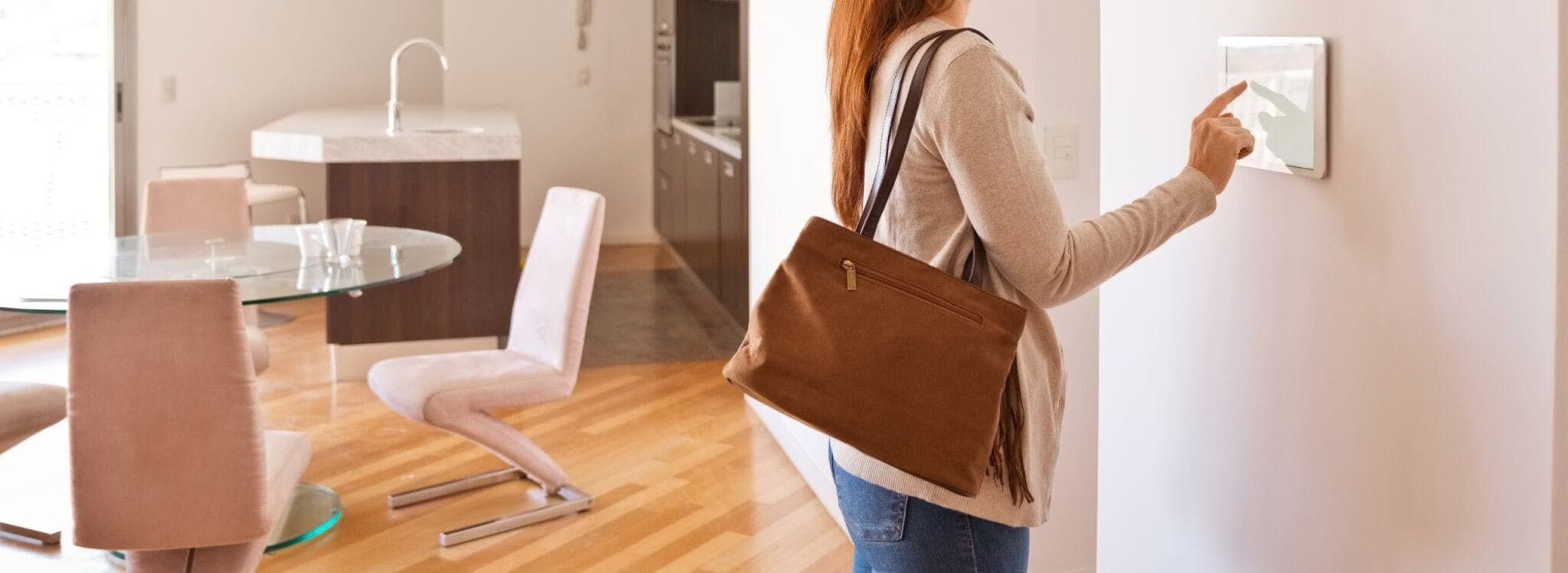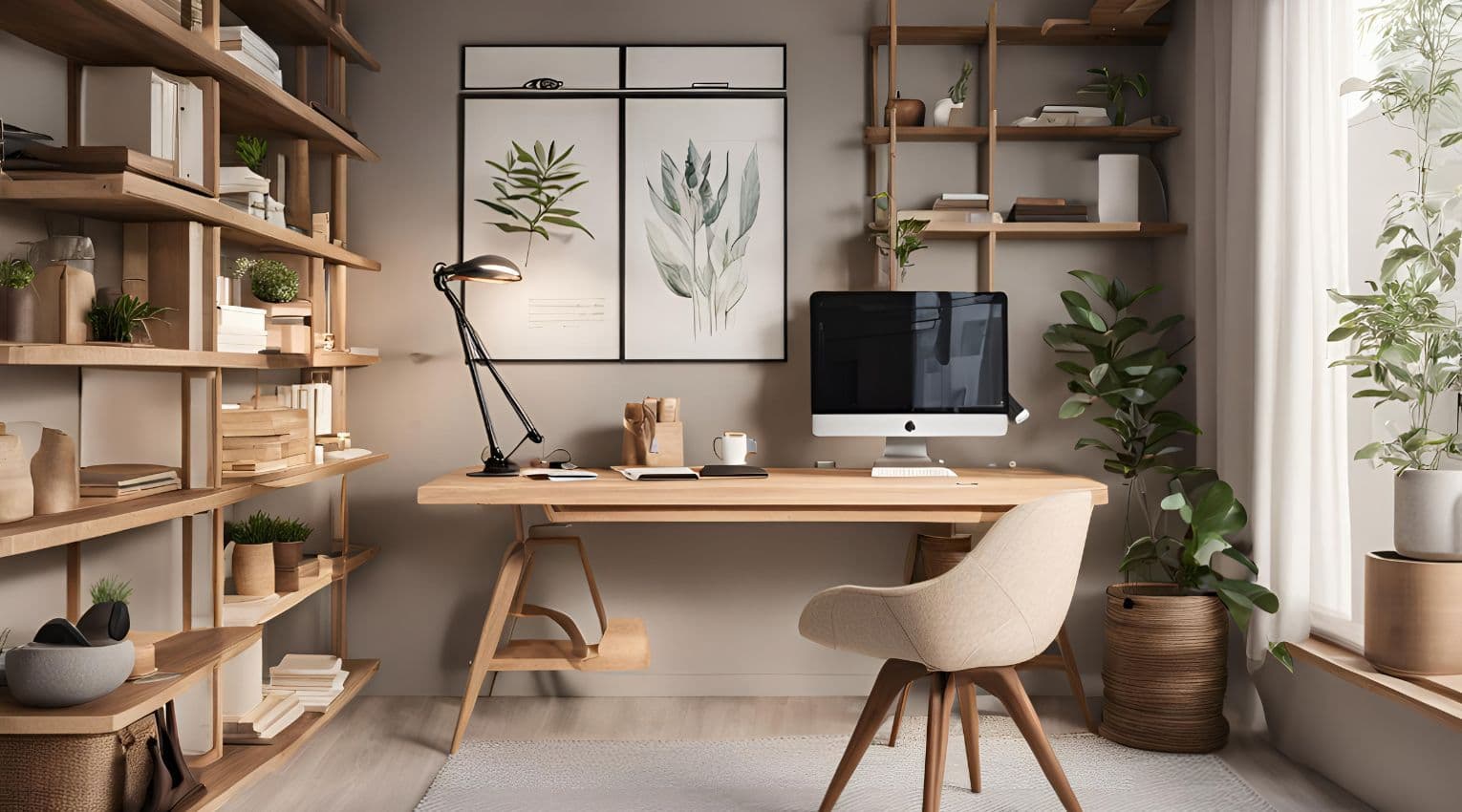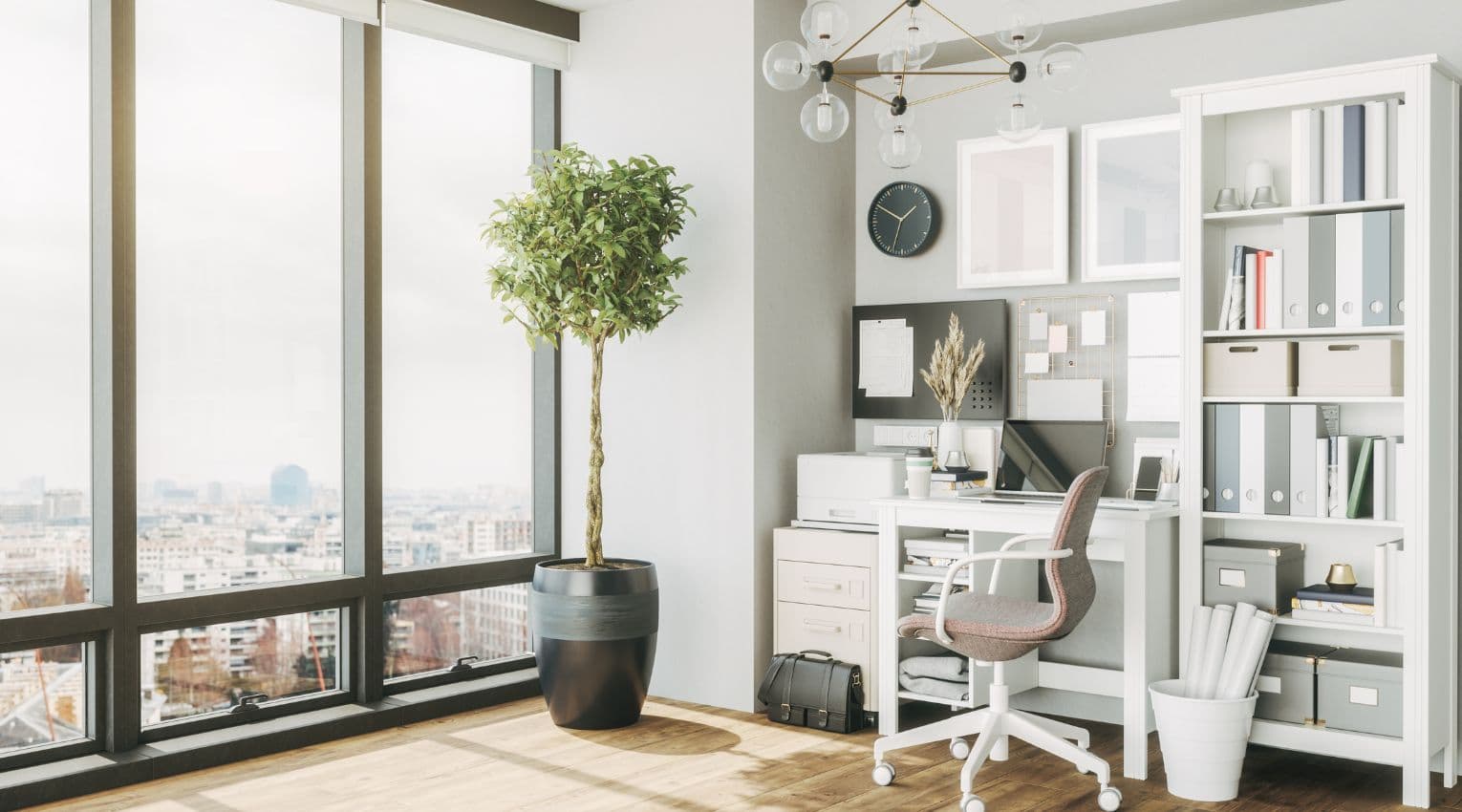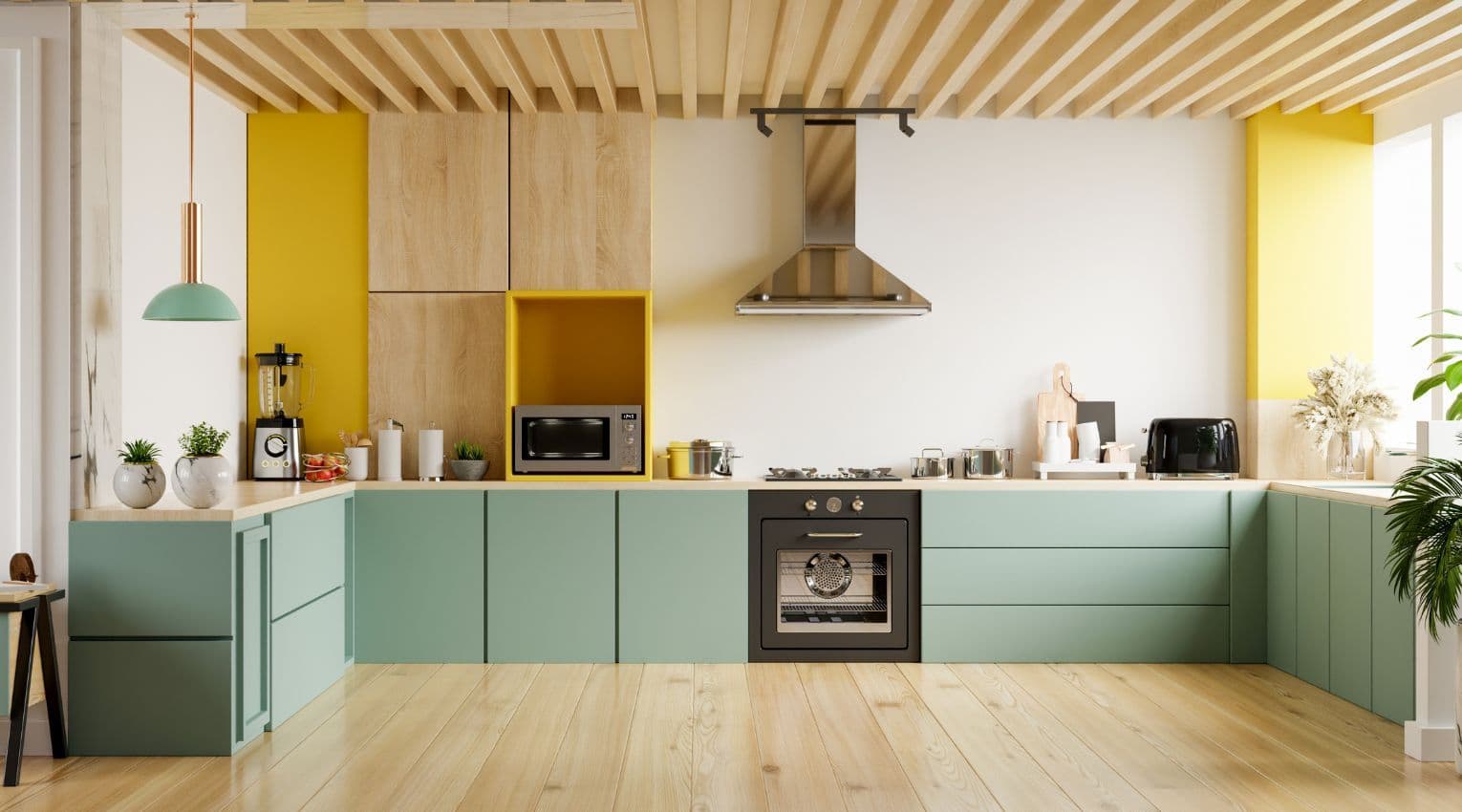How to Choose a Home Security System for Your House

A break-in occurs every 26 seconds in the United States — and homes without security systems are 300% more likely to be targeted than those with them. Everyone deserves to feel safe and protected in their home, and a security system can help give you that peace of mind. However, there are so many different options that it can be overwhelming to decide on the best one for you and your family. Here are some factors to consider in order to make a smart and informed choice.
Why Get a Home Security System?
Perhaps the biggest benefit of a home security system is that its mere presence has been proven to actually prevent burglaries: studies show that 83% of potential burglars check for an alarm system before attempting a break-in. Beyond the clear and tangible safety benefits of both deterrence and faster emergency response, a security system can offer some level of psychological comfort for your family as well. Not to mention, there are even some unintentional benefits that can come along with a security system beyond guarding against break-ins, like carbon monoxide detection, temperature detection, and leak sensors.
Features and Fees
There are several characteristics you’ll want to look at when choosing a security system, but cost is probably toward the top of your list. The average price of a home security system is $700, though they range from $280 to $1,150.
It’s important to note that this is just for the system, and doesn’t include ongoing monitoring fees. While you can usually customize the level of monitoring you receive, these services require a landline, broadband, or cellular connection and have monthly or annual charges attached.
You’ll also have the choice between a wired or wireless system, with the major difference being that the former links the system’s sensors to a control panel through wires in your walls and floors, while the latter connects the sensors and control panels with radio frequency technology. While these days, a completely wired system is uncommon, some do still have plug-in control panels. Many modern systems are also smart-device compatible and have various levels of interactivity that you can adjust to meet your specific needs.
Another consideration is installation — while you can do it yourself in some cases, it may be worth arranging for a professional to handle it. And since each security company knows the ins and outs of their equipment, paying a little extra for one of their professionals to install the system can prevent any issues that could arise from DIY efforts.
Though the features and equipment that are included vary by specific system, here are some of the standard characteristics of a complete package:
- Control panels
- Door/window sensors
- Floodlights
- Doorbell cameras
Finally, most security system companies require that customers sign a contract for a specific term length — these range from 12 to 60 months, but the average is 36.
Frequently Asked Questions About Home Security Systems
Is it worth it to have a security system?
While the decision to have a security system in your home completely depends on your own priorities, concerns, and budget, it can often be worth it for the protection and peace of mind it brings.
How important is a home security system?
A home security system can be important for many different reasons. In addition to helping you feel more protected, they have the potential to actually deter burglars (more on that below), and can accelerate emergency response in case of a break-in.
Is it better to have a home security system or cameras?
Both cameras and a full system can be beneficial. For those that aren’t interested in a full-scale system — or at least not at first — installing a camera or two is often a good way to see what works for you and your family before making a more involved and expensive commitment.
Do burglars avoid homes with security systems?
They often do. Research shows that 83% of potential burglars check for the presence of an alarm system before attempting a break-in. So a security system can not only assist you during an in-progress burglary, but it might even help thwart one.
What questions should I ask before buying a home security system?
Above all, you want the security system you choose to provide you and your family with a level of safety that makes sense for you. In addition to finding out about the features and costs attached to the system(s) you’re considering, here are some smart questions to ask:
Can I use my smartphone and/or devices to control the system?
As we mentioned above, one big decision to make is whether or not you want to have interactivity with your phone or tablet, or just keep control of the system to the central control panel. If you have a smart device already, you’ll want to check if your home security system is compatible with the device.
Does your security system qualify me for a homeowners insurance discount?
Often, insurance companies will give homeowners a discount on their premium if they have a security system installed, which can put some money back into your pocket. Check with your homeowners insurance provider to see if they offer a discount.
What happens to the system if I move?
While many security system providers will allow you to move your entire security system to your new home — and even uninstall and reinstall it for you! — it’s worth checking into any moving fees, contract stipulations, or notice requirements just in case.
Which is better, a wireless or wired alarm system for my house?
Neither system is “better,” per se — again, it all goes back to what you prioritize and value for your home. Though wired systems generally have signals that are more reliable, wireless systems can often be installed in more areas than wired ones. And in fact, the majority of modern systems are fully wireless except for the control panel. However, some companies still offer limited options for completely wired systems.
How much should I spend on a security system?
The amount you spend on a security system all depends on your own budget and security goals, but most home security systems range from $280 to $1,150, with the average at $700.
Choosing the Right System
There are a few tips that can work for all homeowners when it comes to deciding on the right system.
Prioritize the features you need
One size doesn’t fit all in terms of security systems, and you might be able to “mix and match” depending on what’s most important to you. For example, in addition to standard security or doorbell cameras, there are a variety of sensors that detect everything from motion or floods/leaks to broken glass. Some providers like SimpliSafe offer starter kits and more elaborate kits to match your needs.
Set a budget and compare security systems
Sitting down and running the numbers as you weigh your options not only makes it easier to determine a ballpark cost for a security system, but will also highlight the most affordable options by quickly eliminating the ones that are out of your price range.
The more you know about your home equity, the better decisions you can make about what to do with it. Do you know how much equity you have in your home? The Home Equity Dashboard makes it easy to find out.



